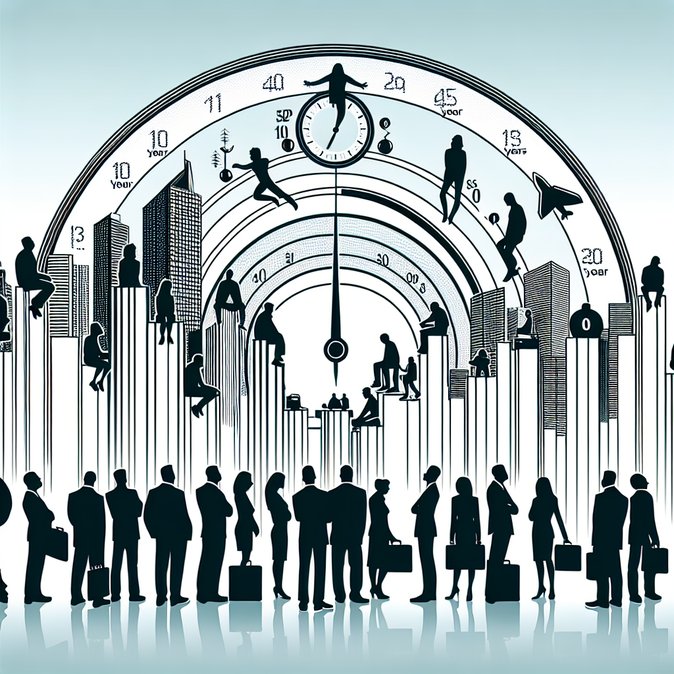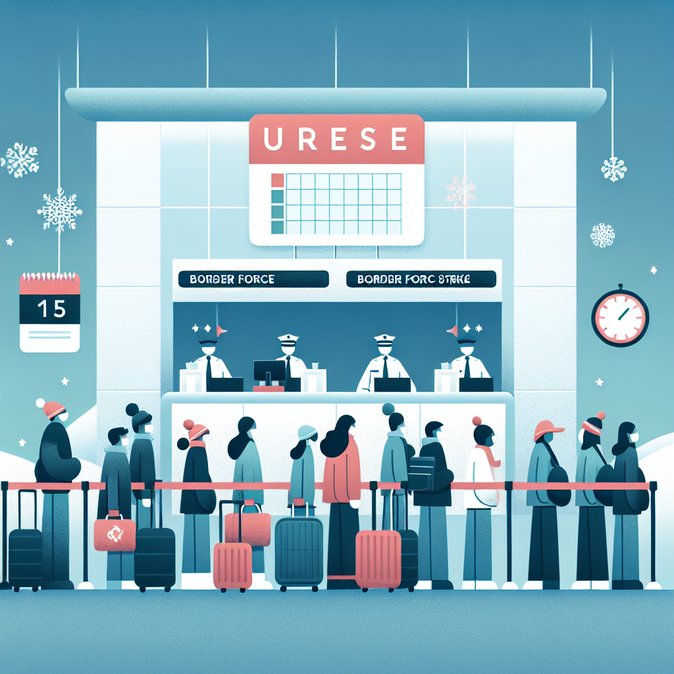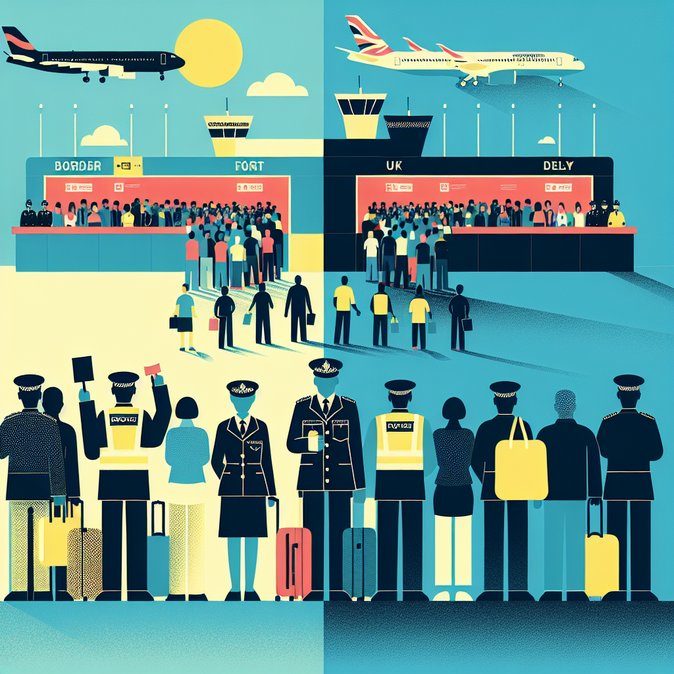
In what ministers called the biggest overhaul of legal migration in half a century, Home Secretary Shabana Mahmood on 20 November set out a new “Earned Settlement” framework that will radically redraw the path from temporary status to permanent residence in the United Kingdom. Under the plan, the qualifying residence period for most visa-holders to obtain Indefinite Leave to Remain (ILR) will double from five to ten years. Only high-income earners, Global Talent visa-holders and certain entrepreneurs will keep a fast-track route of three years, while NHS doctors and nurses retain the existing five-year track. Health-and-care workers in lower-paid roles will face a 15-year wait. Crucially, anyone who has relied on state benefits during their stay will have the clock reset and could wait up to 25 years, while those who arrived illegally or overstayed may wait up to 30 years.
Mahmood also confirmed that access to most welfare benefits and social housing will be restricted until full British citizenship is granted, ending the long-standing link between settlement and eligibility for public funds. Settlement applicants will still have to meet an expanded “four-pillar” test covering length of residence, high-level English, “good character”, and demonstrable economic or civic contribution. A points-based discount of up to two years will reward integration activities such as volunteering or achieving C1 English.
![UK unveils ‘Earned Settlement’ model: migrants face 10- to 30-year wait and no benefits until citizenship]()
The Home Office estimates the measures will affect almost two million migrants who arrived after January 2021. Officials argue the policy will ease pressure on public services and respond to voter concerns about net migration—which has remained above pre-Brexit levels—without closing the door to global talent. Business groups, however, warned that delaying settlement could deter skilled workers from relocating with families, driving up recruitment costs for sectors such as fintech, life sciences and creative industries.
For employers, the most immediate implication is workforce planning. Sponsors will need to budget for longer periods of visa sponsorship and repeated Immigration Health Surcharge payments. HR teams will also face a new compliance burden: tracking employees’ benefit claims, criminal records and integration activities to confirm future eligibility for ILR. Immigration advisers recommend that companies begin mapping talent pipelines now and consider alternative visas—such as the Global Talent or Innovator Founder routes—that may still offer shorter settlement timelines.
The government will open a 12-week consultation on transitional arrangements and secondary legislation, with the first tranche of rules slated to take effect in July 2026. Multinationals with large sponsored populations are expected to lobby for carve-outs, especially for mid-salary roles where labour shortages persist.
Mahmood also confirmed that access to most welfare benefits and social housing will be restricted until full British citizenship is granted, ending the long-standing link between settlement and eligibility for public funds. Settlement applicants will still have to meet an expanded “four-pillar” test covering length of residence, high-level English, “good character”, and demonstrable economic or civic contribution. A points-based discount of up to two years will reward integration activities such as volunteering or achieving C1 English.

The Home Office estimates the measures will affect almost two million migrants who arrived after January 2021. Officials argue the policy will ease pressure on public services and respond to voter concerns about net migration—which has remained above pre-Brexit levels—without closing the door to global talent. Business groups, however, warned that delaying settlement could deter skilled workers from relocating with families, driving up recruitment costs for sectors such as fintech, life sciences and creative industries.
For employers, the most immediate implication is workforce planning. Sponsors will need to budget for longer periods of visa sponsorship and repeated Immigration Health Surcharge payments. HR teams will also face a new compliance burden: tracking employees’ benefit claims, criminal records and integration activities to confirm future eligibility for ILR. Immigration advisers recommend that companies begin mapping talent pipelines now and consider alternative visas—such as the Global Talent or Innovator Founder routes—that may still offer shorter settlement timelines.
The government will open a 12-week consultation on transitional arrangements and secondary legislation, with the first tranche of rules slated to take effect in July 2026. Multinationals with large sponsored populations are expected to lobby for carve-outs, especially for mid-salary roles where labour shortages persist.


